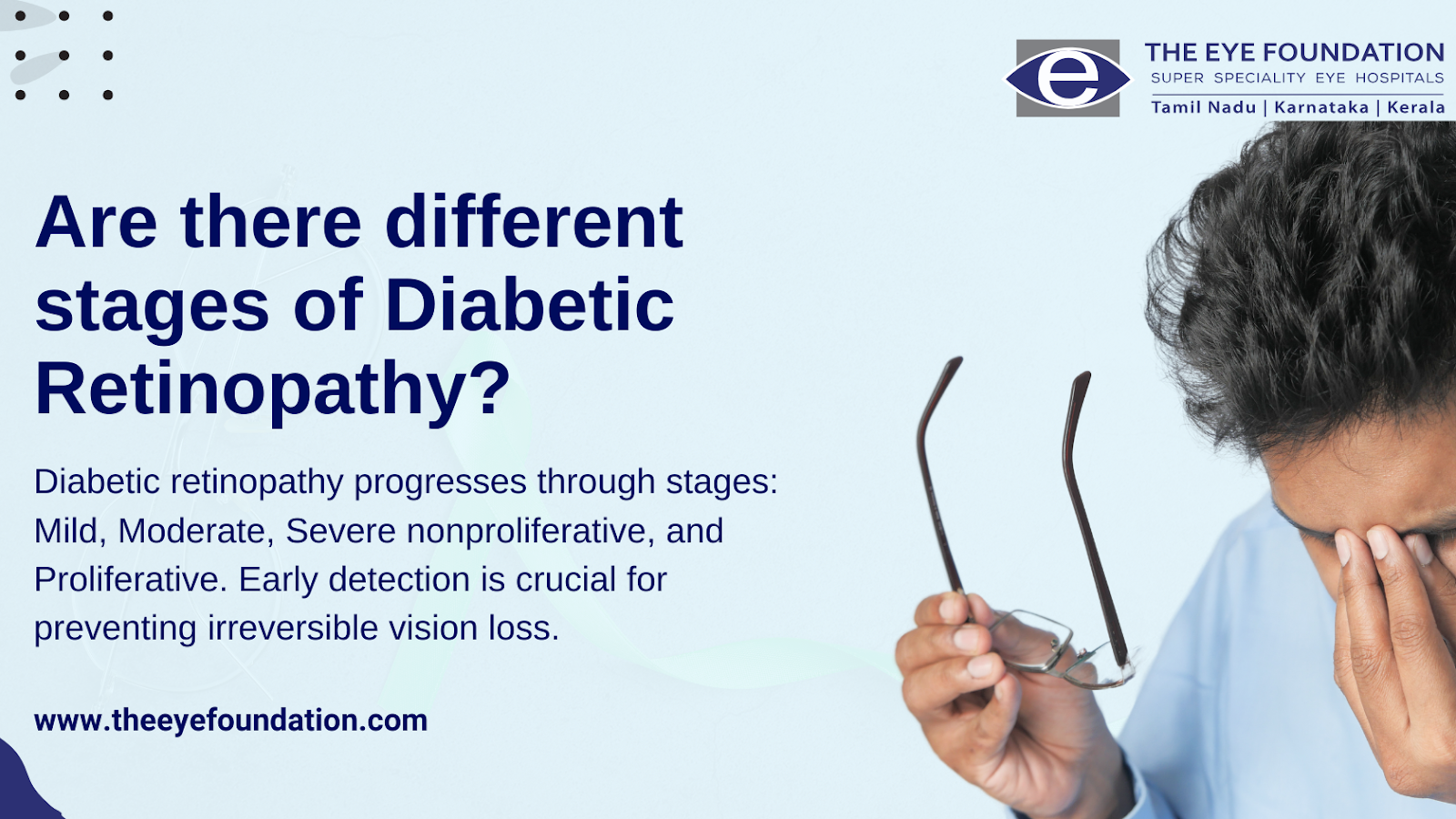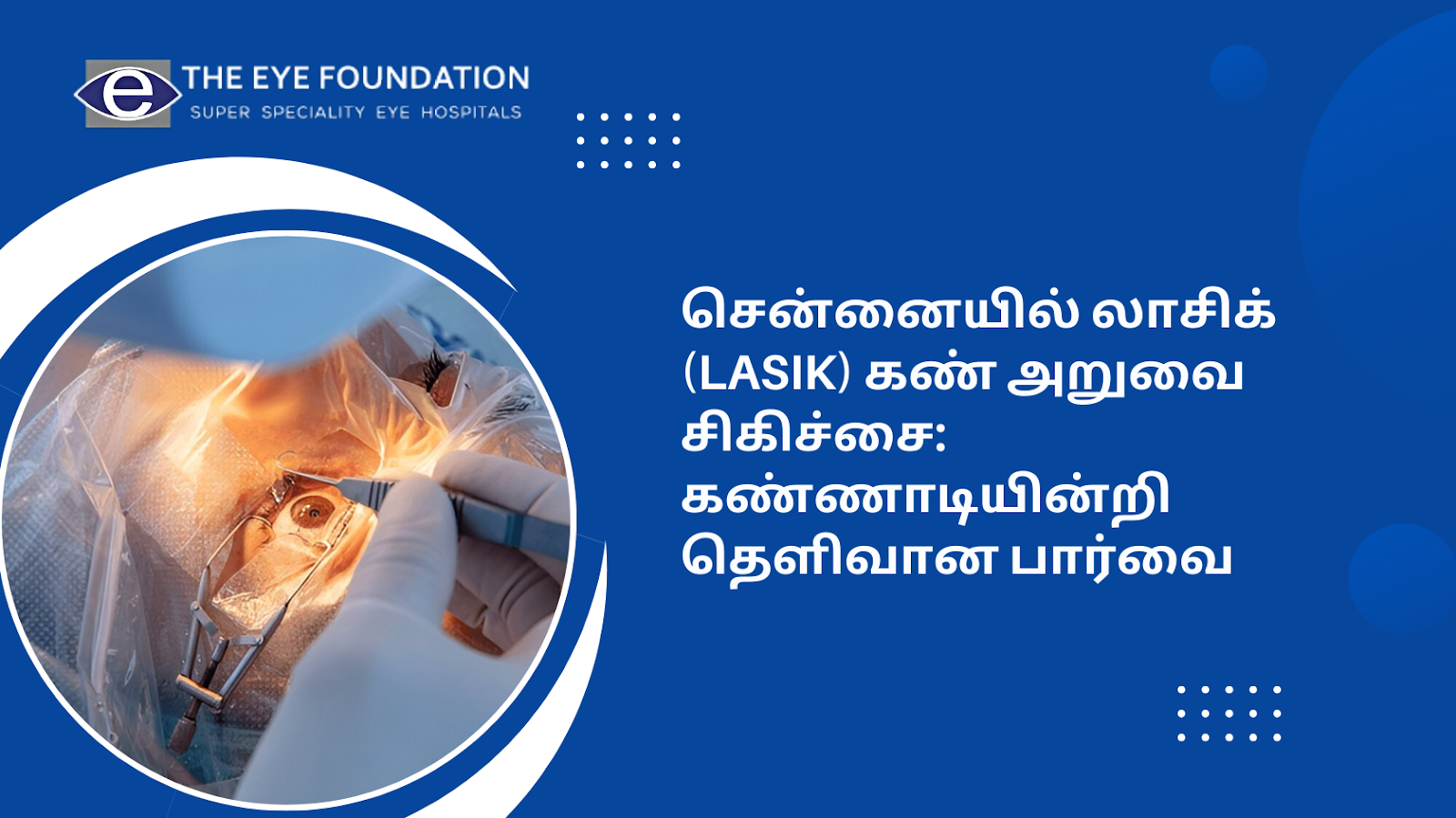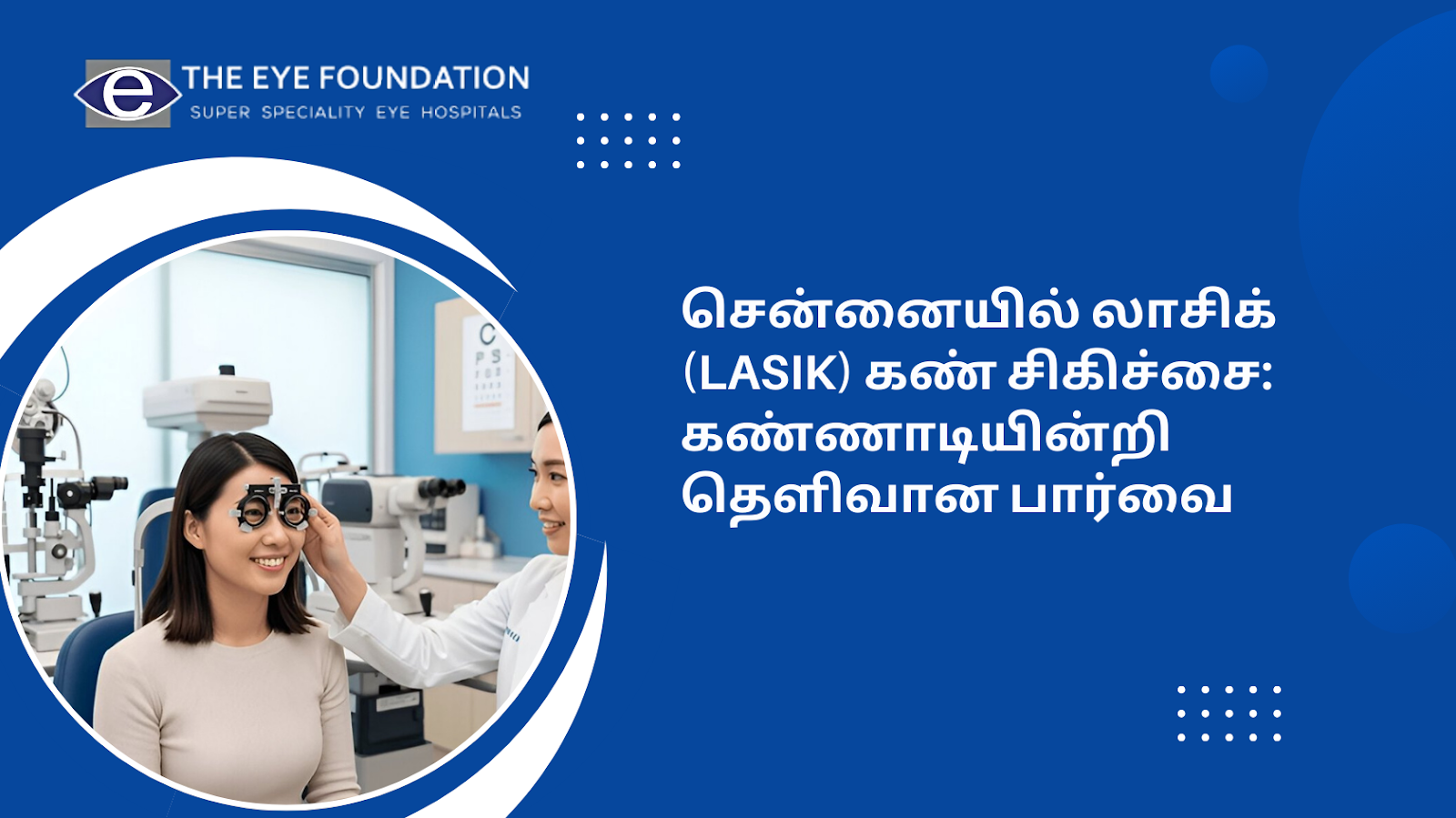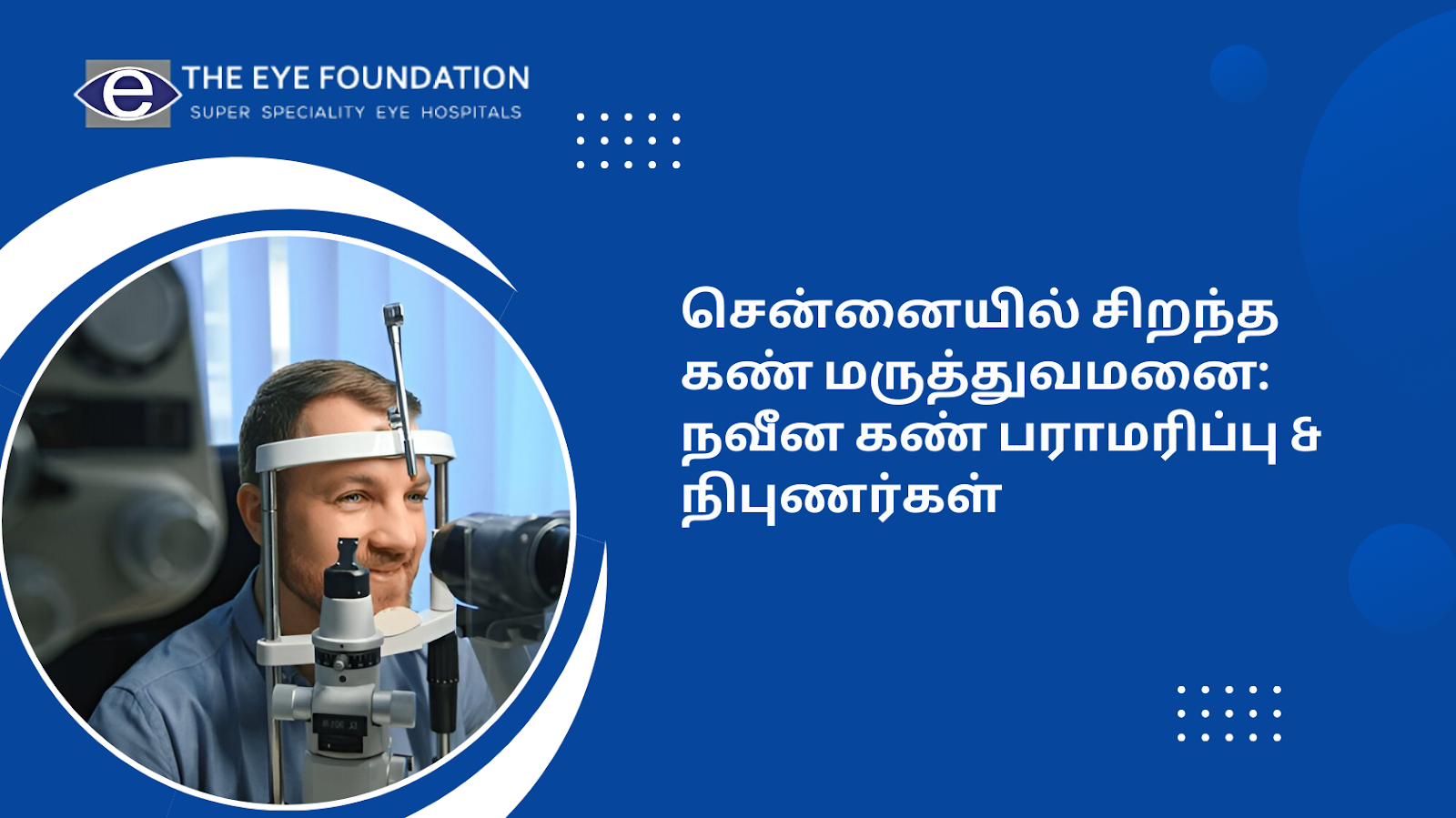It's essential for anyone controlling the levels of diabetes to know the stages of development of Diabetic Retinopathy. This will be putting an early warning system on notice, and in such a way, you will be able to caution it towards the stages that might affect your vision. This is what you need to know:
What is diabetic retinopathy?
Diabetic retinopathy is a complication of diabetes that affects the eyes. It's caused by damage to the blood vessels of the light-sensitive tissue at the back of the eye (retina). At this stage, diabetic retinopathy has neither a sign nor a symptom; in other cases, it manifests as a mild vision problem. However, the condition can advance to blindness.
Knowing the stages of diabetic retinopathy
Here are the usually accepted stages in which diabetic retinopathy develops:
Mild Nonproliferative Retinopathy: This is a very early stage characterized by small blood balloon-like swellings in the retina's tiny blood vessels.
Moderate Nonproliferative Retinopathy: The blood vessels that nourish the retina may swell and lose their ability to transport blood. They may also distort.
Severe nonproliferative retinopathy: Blockage in more blood vessels takes place, depriving several areas of this retina of its blood supply in a more significant part. At this stage, the signals sent to the body are causing the growth of new blood vessels.
Proliferative retinopathy: The advanced stage is characterized by the growth of new blood vessels into the retina. Such new vessels are very fragile and can break, leaking blood. Such hemorrhages can cause drastic vision problems or blindness.
Why Early Detection Matters
Early detection of diabetic retinopathy decreases the risk of permanent vision loss that cannot be restored. Eye examinations are essential because changes in the retina occur far too often before the loss of vision starts.
Depending on the disease, treatment can involve laser surgery to the eye or medications that might help retard or even reverse the damage, provided the patient consults the doctor early.
How can The Eye Foundation help?
Don't wait for symptoms to be a warning. Schedule an appointment today to check your eyes for signs of diabetic retinopathy at The Eye Foundation. Taking care of your diabetes is taking care of your vision. We can assist you throughout the process.






